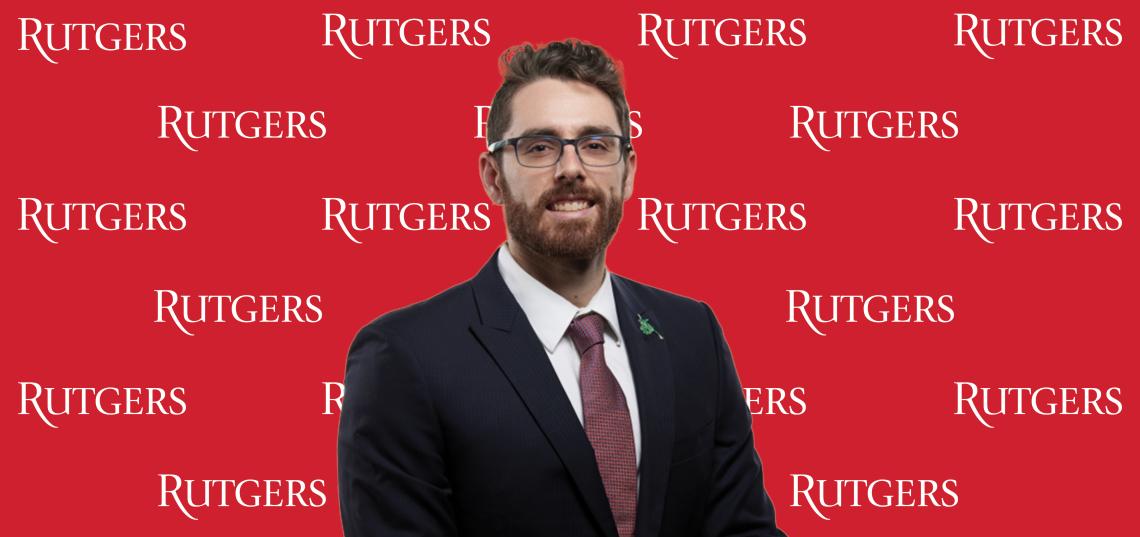
Brandon O'Donnell earned a BS in Biomedical Engineering from Rutgers–New Brunswick in 2016. Since his graduation six years ago, he has worked in the orthopedic medical device industry, most recently at Stryker for the past four years. He started off as a project engineer and has transitioned to a project manager. In January 2021, Brandon joined the Master of Health Communication and Information (MHCI) program and is looking forward to completing his degree in May 2023. He shared his reflections on the program with SC&I.
SC&I: What drew you to the MHCI program at SC&I?
BO: I had been an engineer for the first four years of my post-graduation career and saw myself gravitating away from the technical side of the work I was doing. Time and time again, I found myself taking initiative in developing communication practices in the workplace. I discovered the MHCI program while scrolling through LinkedIn. The novelty of the program background as well as the relevancy of the topic of health communication (we were in the midst of the pandemic) made the program stand out to me. Being at a pivot point in my career, I wanted to take on the challenge of going back to grad school to develop my skillset further down the path I was going.
SC&I: How well is the MHCI program meeting your expectations?
BO: A first standout feature of the MHCI program is the flexibility. I have maintained full-time status in my career during the entirety of my studies. The workload is effective and manageable for those wishing to do the program while working. The core curriculum offers a broad range of insights from different perspectives and includes a balance of research- and theory-based courses mixed with practical, real-life examples. The program helps me understand the impact communication has on health outcomes.
SC&I: Is there an MHCI course that you’d like to highlight?
BO: A class that stood out to me was the Mediated Health Communication class taught by Assistant Professor of Communication Yonaira Rivera. The class blends theoretical and practical elements focused on how the media plays a role on health communication. The content and coursework were interesting and I felt there was something fresh to tackle each week. Assistant professor Rivera did an excellent job keeping the students engaged. There were also ample opportunities to provide feedback and help tweak the course in the future which was something I valued.
SC&I: What are your career goals once you graduate?
BO: I plan to continue my career path as a project and program manager. Specifically, I hope to implement the tools and findings from my MHCI degree into our processes and systems here at Stryker. On the business side, I hope to include communication practices regarding our technical maintenance of programs and how we drive business outcomes. Additionally, I'd like to make impact regarding change to health-related social impact initiatives such as prioritization of mental health in the work place.
SC&I: What advice do you have for someone considering the MHCI program?
BO: Understand what you value in your career path. In my case, I valued the unique intuition I could develop undertaking a health communication curriculum that provided an alternative perspective from what I had learned in the workplace. While specific technical skills may be more suited for an MBA, an MHCI degree can open the doors for great flexibility in workplace job opportunities. Additionally, as the world transitions to a fast-paced environment, soft skills become that much more important in making a real impact in the health field.
Photo: Courtesy of Brandon O’Donnell MHCI’23, SoE‘16
